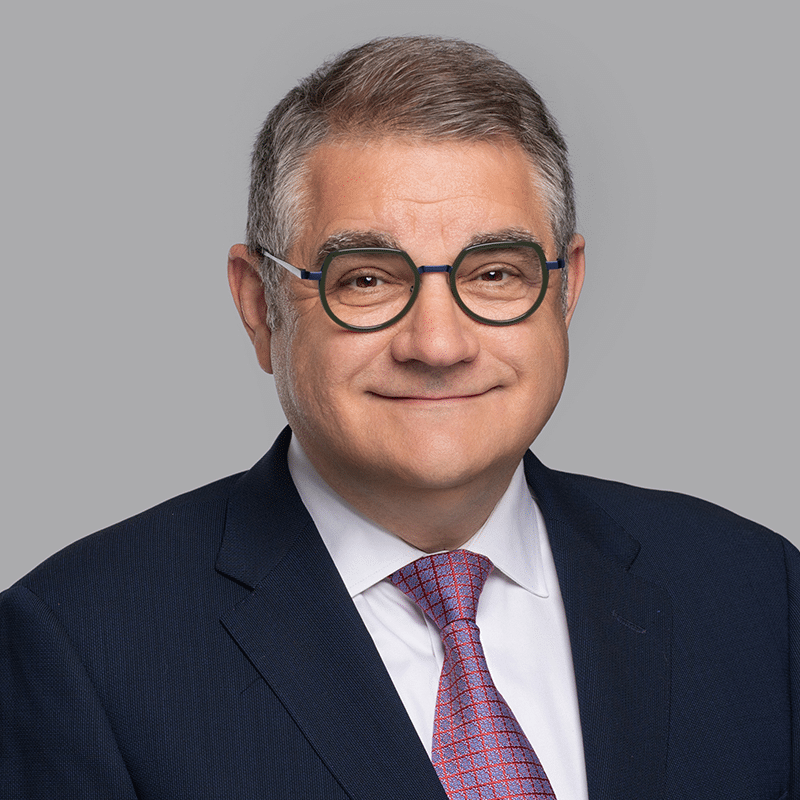
English dramatist, Thomas Dekker once said “sleep is the golden chain that ties health and our bodies together.” But can sleep ever be dangerous to a person’s health? For many years, people mistakenly believed that sleeping after sustaining a concussion could result in a coma or death. However, current medical evidence shows that the “golden chain” is stronger than we once believed as crucial rest in the form of sleeping actually helps the post-concussion healing process. In this blog, I review the nature and effect of a concussion, assessment and treatment, the effect of sleep on a concussion and post-concussion treatment recommendations.
The Nature and Effect of a Concussion
A concussion is an acquired brain injury (ABI) that is not related to congenital or degenerative disease. Concussions occur by a swirling movement of the brain within the skull. It can be the result of a direct blow to person’s head or body, or from a sudden and jarring whiplash effect. A person does not necessarily lose consciousness when they experience a concussion. These types of brain injuries can be temporary or permanent, and can cause partial or functional disability.
Brain Injury Canada characterizes a concussion as “a mild type of Traumatic Brain Injury” which, depending on severity, may have the following effects: headache, nausea and vomiting, impaired vision, sensitivity to light or noise, vertigo, dizziness, and issues with balance, seizure, disorientation or confusion, memory loss, fatigue, malaise or sluggishness, cognitive impairment, inability to focus and/or increased irritability or frustration.
Assessment and Treatment
The most common medical tests for assessing the effects and severity of a concussion include:
- Neurological Assessment – a neuropsychological test which evaluates motor and sensory skills, cranial nerve functioning, hearing, vision, speech, balance, coordination, cognitive ability, mood, temperament and behaviour.
- Computed Tomography (CT-Scan) – a medical imaging procedure that produces detailed images of the brain. This test is typically used to determine whether a patient’s brain is bleeding or swelling.
- Magnetic Resonance Imaging (MRI) – using non-invasive magnetic field and radio waves, a medical imaging test creates a detailed picture of the brain.
CT-Scans and MRIs sometimes do not reveal signs of a concussion, but the damage from a concussion may still be present in the brain. Such negative results do not necessarily indicate a lack of injury.
Effect of Sleep on Concussions
Some doctors who specialize in brain injury treatment state that rest is the best course of care for a concussion. To use an analogy, if the brain is an engine, following a concussion it runs out of gas at a much faster rate. Rest is the only way to refill the brain’s gas tank. Rest is also critical to recovery because your brain continues to heal even after all concussion symptoms disappear. Complete rest for concussions is both physical and cognitive. You must not watch television, listen to music, read, text or use a telephone in any way, or use a computer or game system.
Rest also includes sleep. Modern medical evidence has confirmed that it is not always necessary for a concussed patient to remain awake. In order to determine whether it is safe for a person who sustained a concussion to sleep, the person must demonstrate the following: complete alertness, ability to maintain a conversation, stable walking, non-dilated pupils, and lack of nausea and vomiting.
Although it is safe to allow a person to sleep if they satisfy the above criteria, it is also paramount to monitor them and initially to wake them every four hours. During post-concussion recovery, you may feel more fatigued than usual. Sufficient sleep is essential to give your brain adequate time to recover.
Post-Concussion Treatment Recommendations
For the first 24-48 hours following a concussion, in addition to rest, it is critical that you do not drive. Do not drive until you are able to concentrate and focus without difficulty. Do not consume alcohol, recreational drugs, or sleeping pills. Do not participate in any sports or activities that require physical exertion.
You should start to feel better within a few days of sustaining a concussion and barring any complications, you should be completely recovered within approximately four weeks. A family doctor should monitor your symptoms and refer you to a brain injury specialist if you do not improve within four weeks to three months.
In some cases, physical, mental, emotional and behavioural issues may persist. Commonly referred to as “post-concussive syndrome,” this condition can include persistent headaches, prolonged inability to focus, concentrate or reason, continued memory impairment, significant dizziness and balance issues, tinnitus (ringing in the ears), mood swings and a “short-fuse” temper, anxiety or depression, and an inability to sleep or disrupted sleep. Treatment of post-concussive syndrome typically involves consultation with a neurologist or neuropsychologist.
Life Post-Concussion
Although the prognosis for recovery from concussions is generally good, the potential for an acquired brain injury to significantly impact your life is very real. Long-term effects of such an injury can cause permanent damage to you and your loved ones. If you believe that you have suffered an acquired brain injury as the result of an accident, it is imperative to seek out the best possible care immediately and have proper support during your recovery.
You may also wish to read the following related blog posts, “Hard-Hitting Facts: Sports Concussions,” “Concussions Defined” and “Rowan’s Law Passes: Sports, Concussions and Youth.”
For more information, please contact personal injury lawyer Michael J. Henry at 416-361-0889 or mjhenry@hshlawyers.com.






